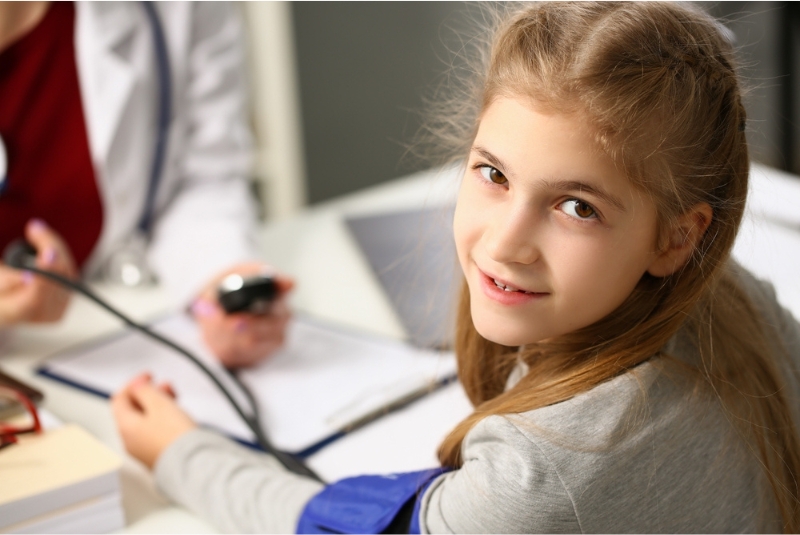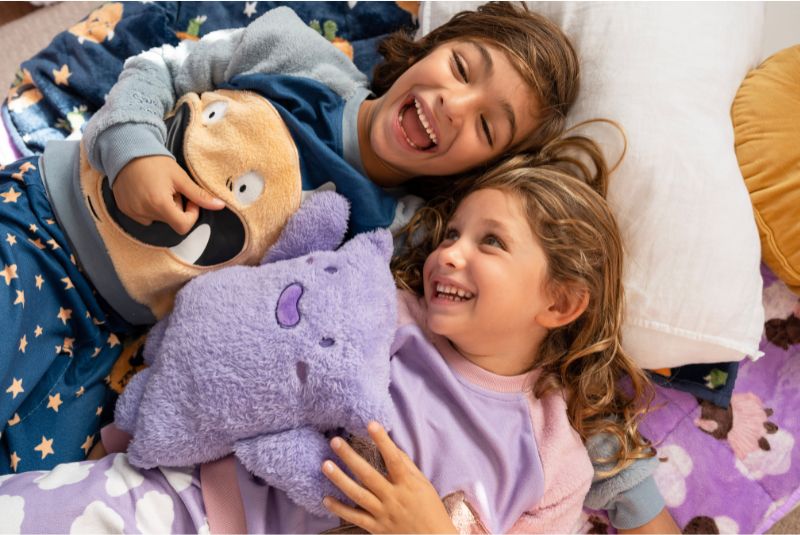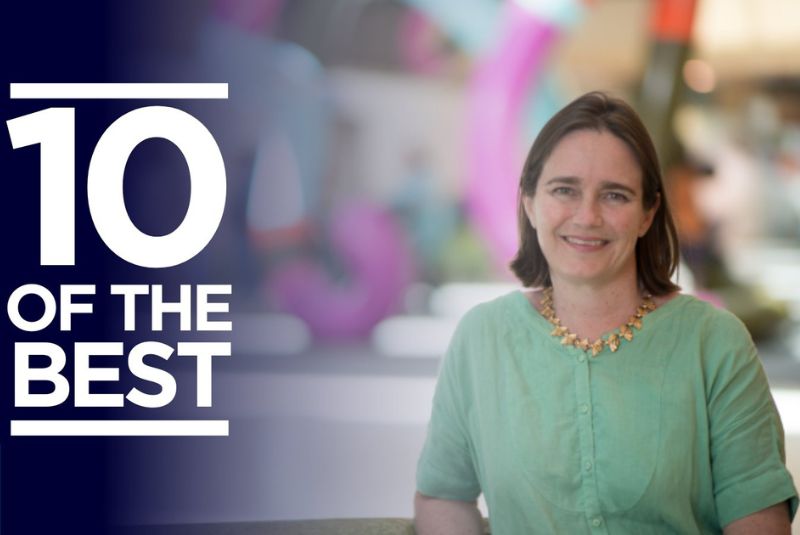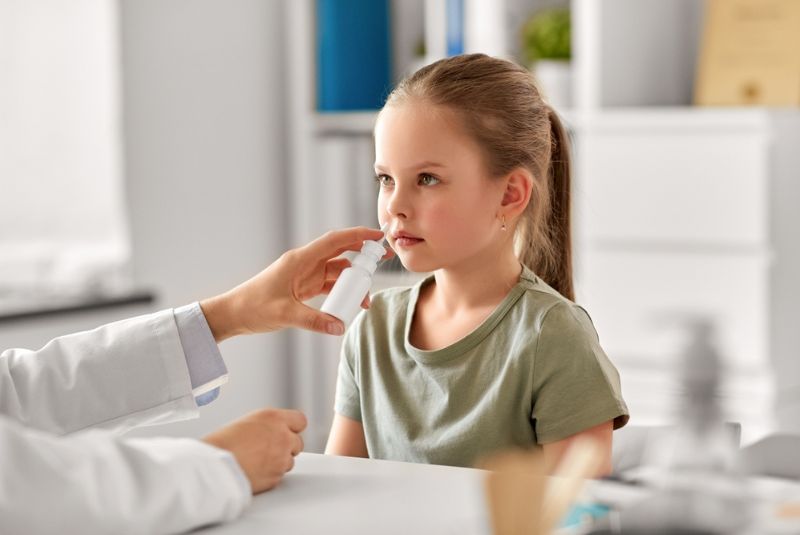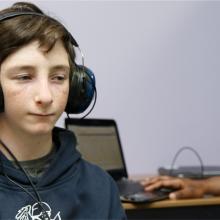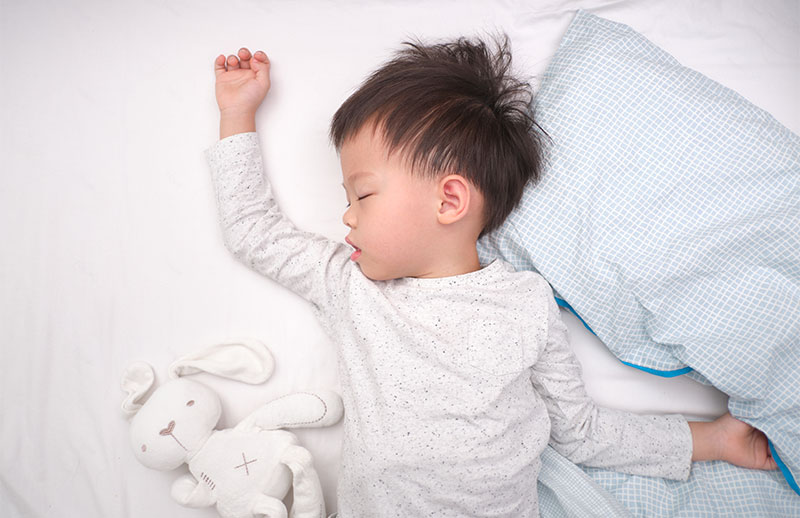
Teaching babies to sleep is safe and improves parental wellbeing
What's the child health challenge?
Sleeping problems are common in babies with over one-third having trouble settling to sleep at the start of the night, waking overnight, or both.
Sleep-deprived new parents can become exhausted and postnatal depression is twice as likely in mums who say their babies’ sleep is a problem for them than in those whose infants sleep well.
A diversity of opinions and advice can leave parents feeling confused, guilty, afraid, and inadequate.
What's the child health challenge?
Sleeping problems are common in babies with over one-third having trouble settling to sleep at the start of the night, waking overnight, or both.
Sleep-deprived new parents can become exhausted and postnatal...
What's the child health challenge?
Sleeping problems are common in babies with over one-third having trouble settling to sleep at the start of the night, waking overnight, or both.
Sleep-deprived new parents can become exhausted and postnatal depression is twice as likely in mums who say their babies’ sleep is a problem for them than in those whose infants sleep well.
A diversity of opinions and advice can leave parents feeling confused, guilty, afraid, and inadequate.
What's the discovery or innovation?
We found that from about six months of age, babies can be taught to fall asleep by themselves and not cry out for mum or dad when they wake during sleep using the strategies of ‘controlled comforting’ or ‘camping out.’
Our research at the Centre for Community Child Health, Murdoch Children’s Research Institute, showed these techniques were effective and safe for well infants aged six months or older.
Our Kids Sleep Study, which followed up with the families five years later, found that the strategies caused no long-term harm to the development, health, or wellbeing of the children.
How is it changing children’s lives?
Good sleep is important for health and immunity, and these techniques are helping babies achieve the sleep they need to grow and develop well, along with decreasing symptoms of maternal depression.
Our evidence-based sleep intervention program is now embedded in Victoria’s free Maternal and Child Health Service as an eight-month intervention and is available online to health professionals and parents throughout Australia and internationally.
The research ensures parents can choose from proven strategies to put their babies to bed safely and with confidence.

